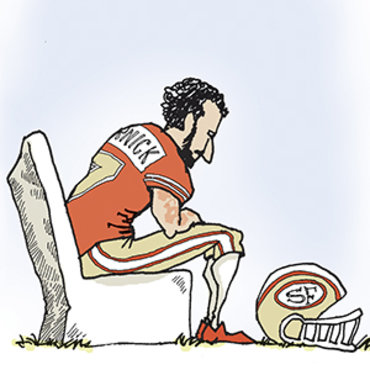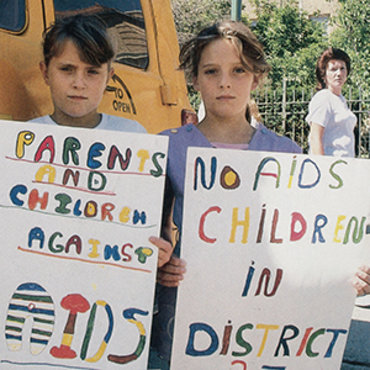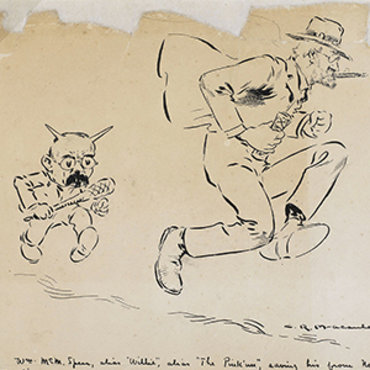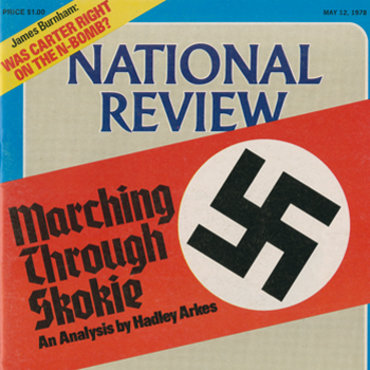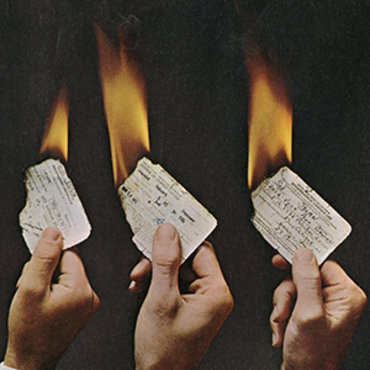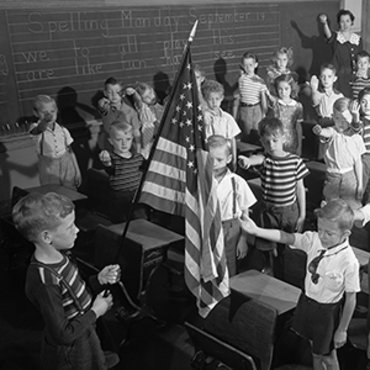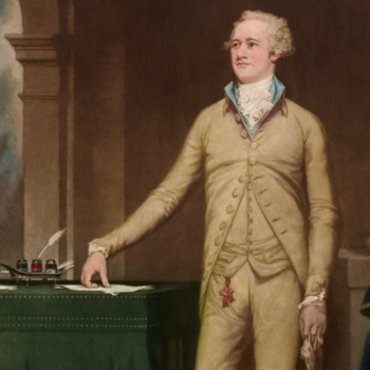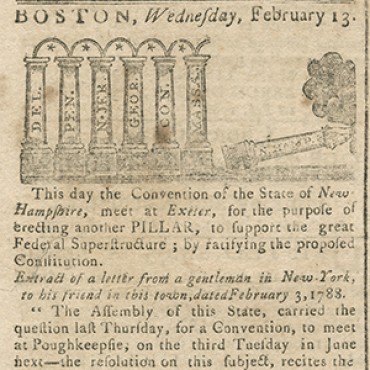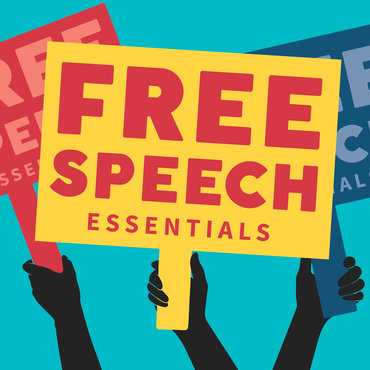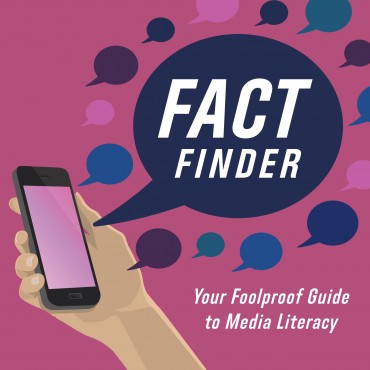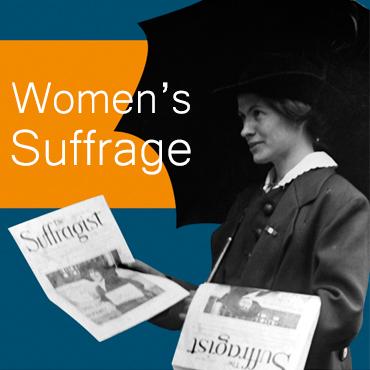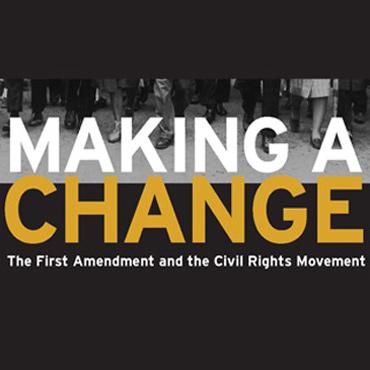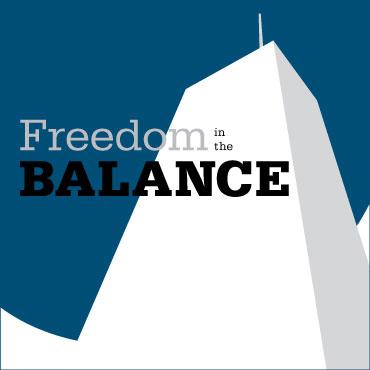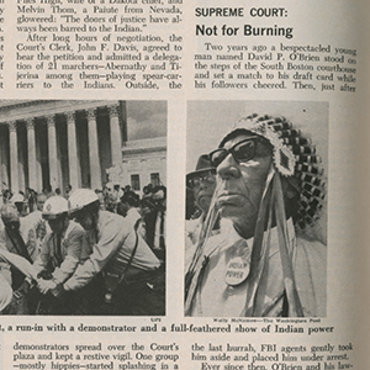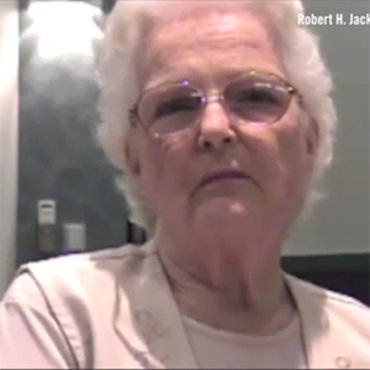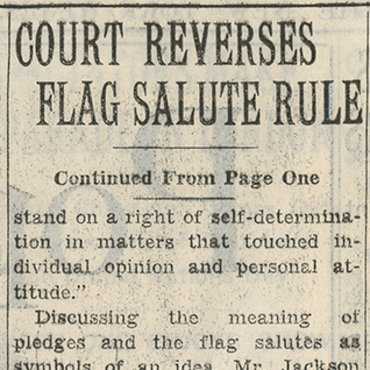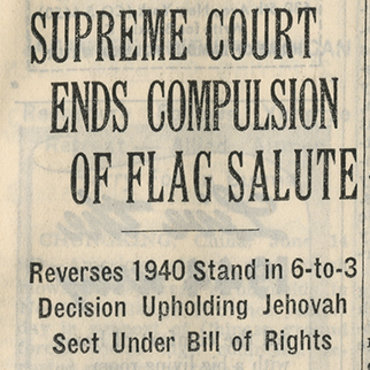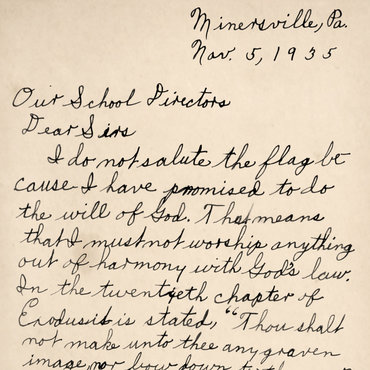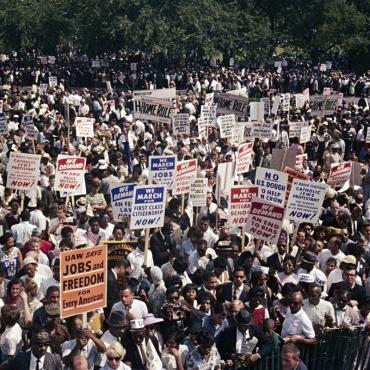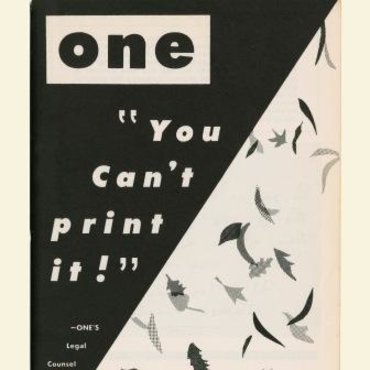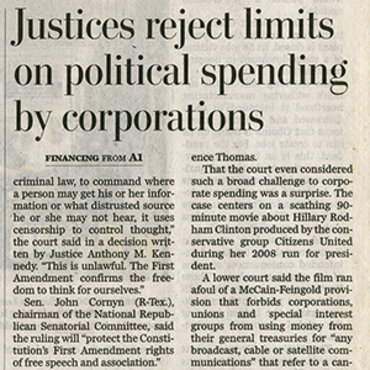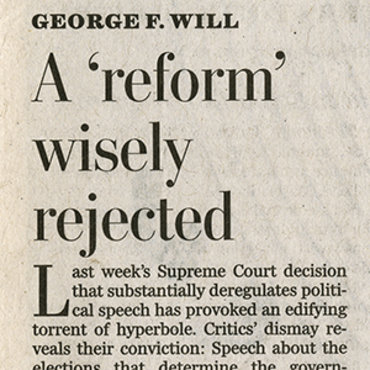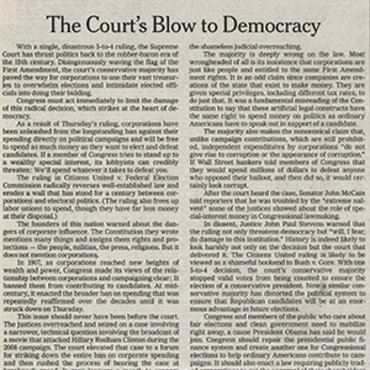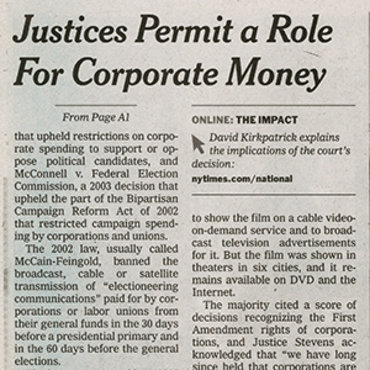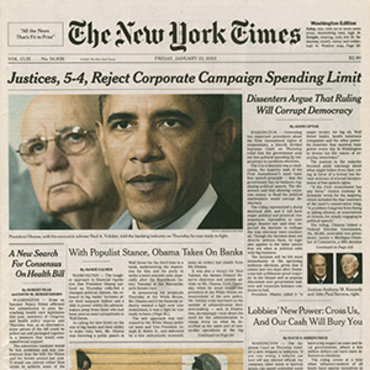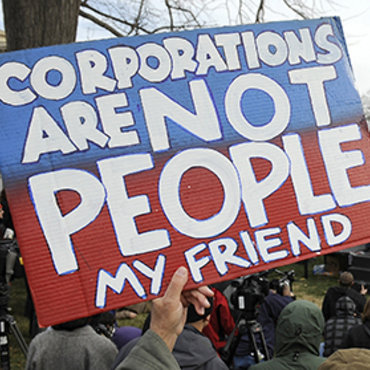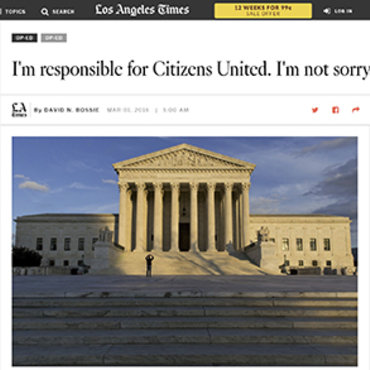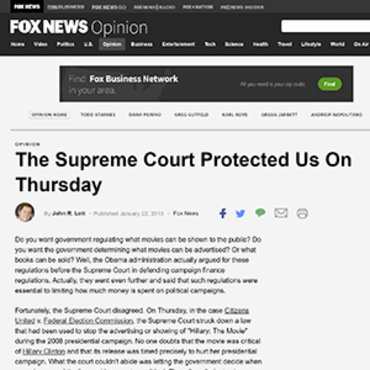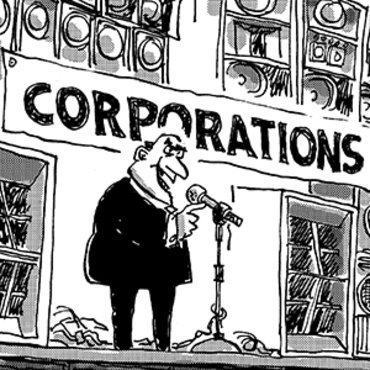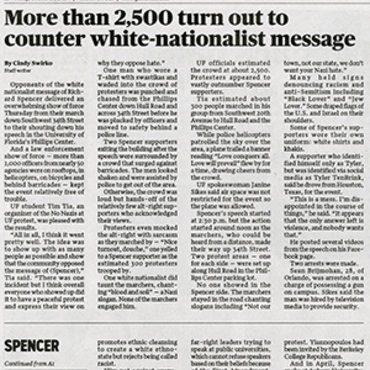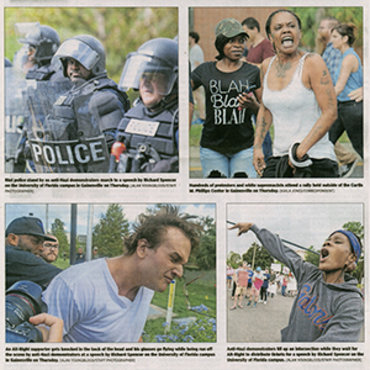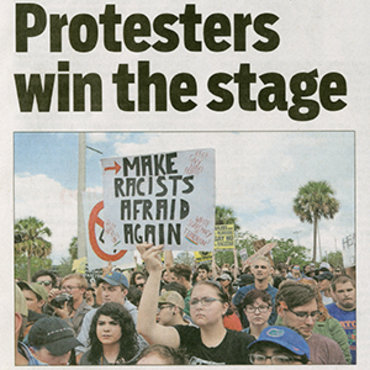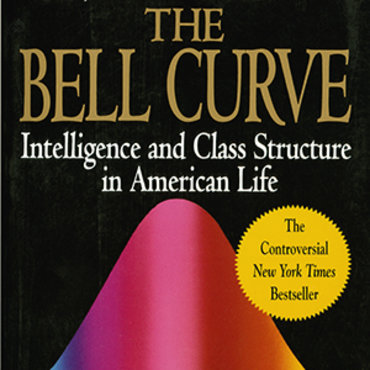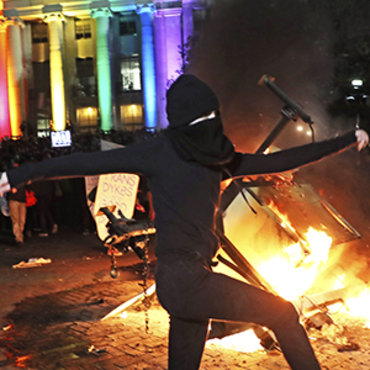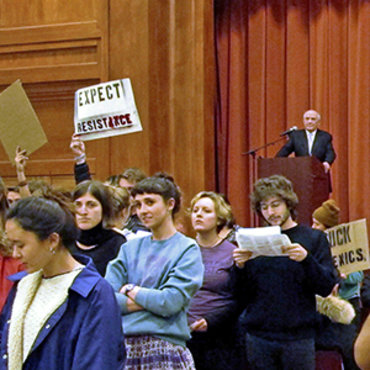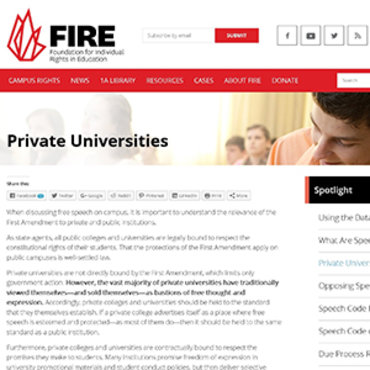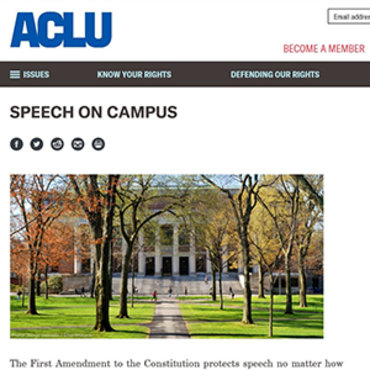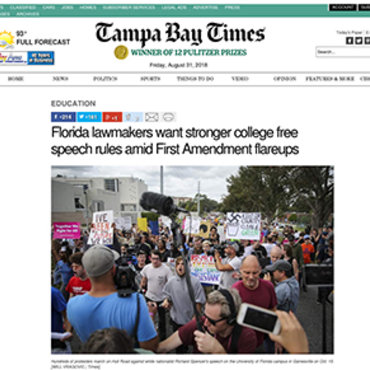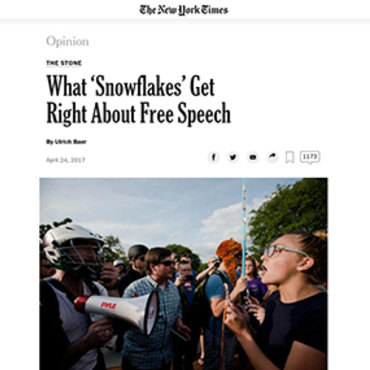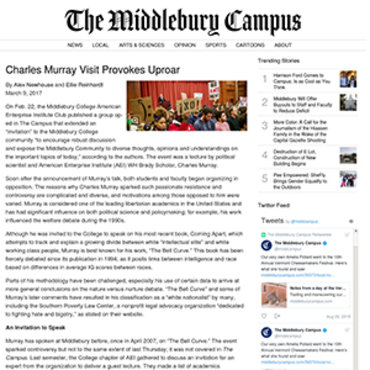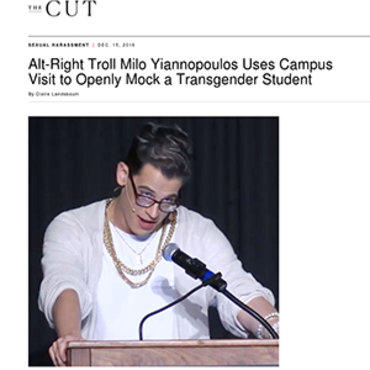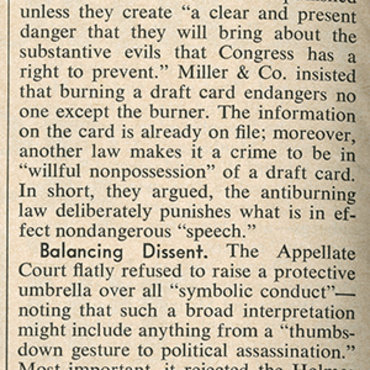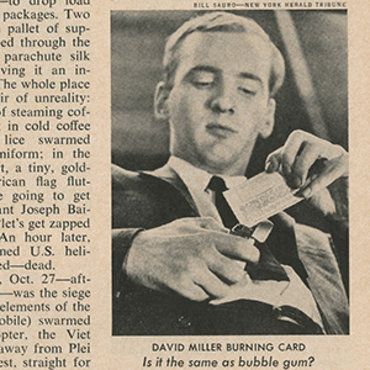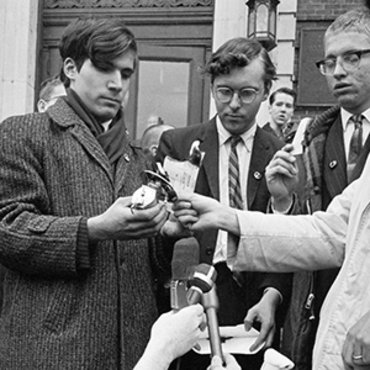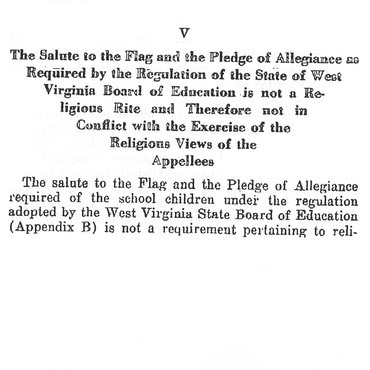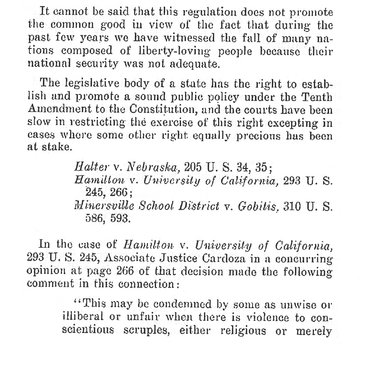2002: Making a Scene at a School Event
Does freedom of speech extend to students at school-supervised events?
Get even more great free content!
This content contains copyrighted material that requires a free NewseumED account.
Registration is fast, easy, and comes with 100% free access to our vast collection of videos, artifacts, interactive content, and more.
NewseumED is provided as a free educational resource and contains copyrighted material. Registration is required for full access. Signing up is simple and free.
With a free NewseumED account, you can:
- Watch timely and informative videos
- Access expertly crafted lesson plans
- Download an array of classroom resources
- and much more!
This Critical Debate is part of a Debate Comparison:
See all Debate Comparisons- Constitution
- Protests
- Supreme Court
- 7-12
- College/University
Do your students know what they’re free to say online? At school? On a public street corner?
From censorship to cyberbullying, the First Amendment and the freedoms it protects are as hotly contested as ever. This case study is part of our EDCollection that explores 16 real free speech debates ranging from the founding of our nation to recent headlines to illustrate what free speech actually means, where it comes from, and how far it can go. It’s information everyone needs to voice their opinions and shape our society.
Using This EDCollection
This EDCollection is designed to meet the needs of a wide range of circumstances and curricula. Whether you’re a social studies teacher looking for a complete unit or an English teacher looking to spend a single class period on free expression, there’s something for everyone. This complete package will lead students to the outcomes below.
Build Fact-Based Arguments
The Free Speech Essentials curriculum aligns with state and national standards as it guides students to take a position, find evidence to support it, and make a compelling presentation to their peers. Potential evidence includes:
- Writings, images and video from 1787 to 2018
- Primary and secondary sources
Connect Past and Present
Six of the eight pairs of case studies in this EDCollection juxtapose real historical and contemporary debates on a key free expression question. These pairs allow students to explore the historical origins of a key question — and get context for tackling today’s hot-button issues. The other two pairs provide different perspectives on a contemporary issue. Topics include:
- Federalism and Facebook
- Presidents and the press
- Censorship and cyberbullying
Keep Calm (and Debate On)
Our case studies are structured to help students experience the passion of the real players, while still practicing productive debate. We provide everything you need to prepare and fully support your students as they engage in civil discourse and debates:
- Overviews of the outcomes
- Clear scenarios and suggested positions
- Suggested discussion prompts.
Today’s social and political landscape can sometimes make free speech and First Amendment controversies seem too explosive for classroom exploration. We’ve created Free Speech Essentials to give you the tools you need to start tackling these vital topics with confidence and create enriching experiences for your students.
— The NewseumED Team
THE CASE
You are the principal of a high school in Juneau, Alaska. The Winter Olympics will begin soon, and runners are carrying the Olympic torch through your city en route to the Games in Utah. You’ve decided to allow students to leave class to go outside and watch the torch as it passes in front of your school. This is a school-authorized, school-supervised event.
Some students have chosen to watch the relay from the sidewalk across the street from the school. As the torch is approaching, a student who was absent from the day’s earlier classes shows up across the street. He gets his friends to help unfurl a homemade banner with the inscription “Bong Hits 4 Jesus.” (A bong is a device to smoke marijuana.) The sign is big enough to be read from across the street, and TV camera crews covering the relay can easily see it, as well.
Students are laughing and pointing at it. You approach the student and demand that he take the banner down. He refuses, claiming he has a First Amendment right to free speech and pointing out that he isn’t on school property. You confiscate the banner.
Do you punish the student further for displaying his attention-grabbing sign?
-
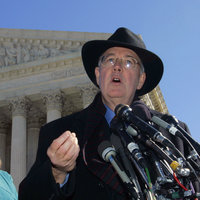 ?
?Kenneth Starr represented principal Deborah Morse before the Supreme Court. He argued schools must be allowed to limit student speech relating to drug use.
Molly Riley/ReutersYes. Suspend the student for promoting drug use.
The banner has made the school look bad and seems to violate the district’s strict anti-drug policy. This was not the appropriate time or place for this student to exercise his free speech.
-
 ?
?Joseph Frederick claimed he created the "Bong Hits 4 Jesus" banner "to be meaningless and funny, in order to get on television" and that his actions were protected by freedom of speech.
Courtesy Joseph FrederickNo. Let the student go with a warning to choose better options for exercising his free speech.
The student knew he’d draw your attention. His message may have been inappropriate but it was not directly advocating drug use and should be dismissed as a weak prank.
- Does the student have a viable argument? What rationale could the student have for claiming he has a First Amendment right to hold up the banner?
- What do you think the message on the banner means, and how might that influence your decision?
- If you think the banner endorses drug use, how might the school’s policies on drugs come into play?
- Should the student’s prior discipline issues be considered in deciding what to do?
- What’s your role as principal at a school-sanctioned, school-supervised event? Does it matter whether that event is on or off school grounds?

